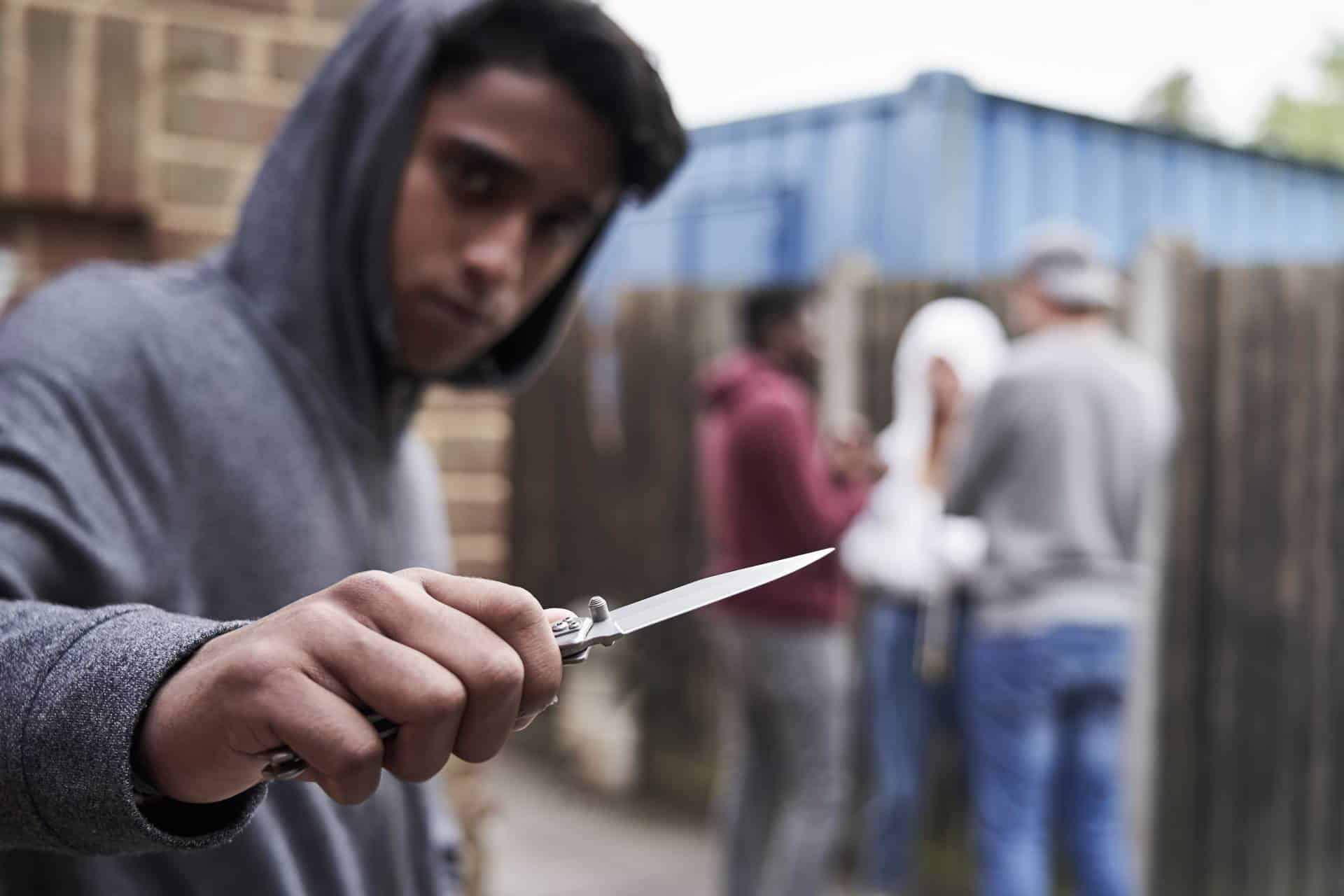Across the United States, more and more jurisdictions are requiring police officers and police officer candidates to pass full psychological evaluations. In December 2015, for example, the Colorado Peace Officer Standards and Training Board reaffirmed that passing a psychological evaluation is a requirement for every police officer in the state. Officers must be evaluated every time an officer is hired or changes jobs or jurisdictions, according to the Denver Post. The Board also decided that officers with felony convictions will not be hired or allowed to stay on the job.
The goal of police psychological evaluations isn’t exclusively to determine whether an applicant has a diagnosable mental disorder; the evaluations are also designed to identify potential law enforcement officers whose personalities and behavior are unsuited to a job which requires sound judgment, quick decisions, and emotional stability, especially during tense situations. These psychological evaluations can help prevent any questionable individuals from becoming police officers.
Almost every Denver criminal defense attorney has represented someone who has been a victim of police misconduct or police brutality in this city. In 2013, a man named Robert Duran was awarded $40,000 after jurors saw a video of an ex-Denver Sheriff’s Deputy grabbing Duran by the throat. In 2011, the City of Denver paid out more than $1 million to settle police brutality lawsuits.
WHAT ARE THE STANDARDS FOR POLICE PSYCHOLOGICAL EVALUATIONS?
Because the individual states govern how police agencies operate – by creating state commissions or academies to determine hiring and training standards – there is no widely-accepted national consensus regarding how police departments recruit candidates, how psychological evaluations are conducted, what those evaluations should determine, or even whether or not such evaluations should be mandatory.
Colorado state law already required psychological evaluations, but in practice, the evaluations were rarely conducted prior to this year. The loose protocols worked to the advantage of “problem” officers who could shuffle between police departments when they were accused of violations. In many cases, those officers landed in impoverished, rural communities which have difficulty recruiting qualified candidates.
John S. Camper is the Chief of Police in Grand Junction, Colorado, and the vice chairman of the Colorado Peace Officer Standards and Training Board. “What the public is concerned about,” Camper says, “is that police departments don’t pass off someone that is a problem in one department to another department.” He added that, “If I’m hiring someone, even if they’ve been an officer at another jurisdiction, I’m going to require them to go through it.”
ARE THE PUBLIC’S CONCERNS LEGITIMATE?
The public’s concerns are genuine. In other states, the hiring of unqualified police officers has had deadly consequences. Timothy Loehmann, the Cleveland police officer who shot 12-year-old Tamir Rice to death in November 2014, was previously deemed “unfit” to be a police officer in 2012 after only six months with the Independence Police Department in Ohio. In March 2014, he landed the job in Cleveland.
Robert Bates, an Oklahoma Sheriff’s deputy, shot and killed a fleeing suspect when he reportedly fired his weapon by mistake when he intended to reach for his Taser. Videos showing the shootings of Chicago teenager Laquan McDonald and 50-year-old Walter Scott in South Carolina indicate that officers gunned down suspects who were moving away rather than posing a threat. Twenty-two states do not mandate that a licensed psychologist administer a psychological evaluation as a minimum qualification for a potential police recruit.
Psychological evaluations are required by most large municipal police departments regardless of whether or not the state’s laws explicitly mandate evaluations. But even in large, urban police agencies, psychological evaluations are inconsistently conducted, and the many tests and methods used by examiners – as well as the qualifications of the examiners themselves – vary widely. In states that do not mandate the evaluations, many smaller police departments do not require them.
WITHOUT POLICE PSYCHOLOGICAL EVALUATIONS, WHAT CAN HAPPEN?
When police agencies disregard psychological screenings, the result is often police brutality litigation. Flint Taylor, a founding partner of the People’s Law Office in Chicago, says, “We have been dealing with the psychological screening of police officers, and the lack of it, ever since the ‘60s when I first started litigating police brutality cases. It’s a problem that police departments skirt around in one form or another.”
Despite the absence of mandated national standards governing evaluation tools and procedures, the Police Psychological Services Section of the International Association of Chiefs of Police established the first set of guidelines in 1986 and revised the guidelines in 2009. The guidelines specify that a licensed, doctoral-level psychologist should use tools including psychological assessments and personal interviews with a candidate to determine a candidate’s suitability to become a police officer.
President Lyndon B. Johnson’s Commission on Law Enforcement and Administration of Justice originally recommended psychological evaluations for potential police recruits back in 1967. However, the use of evaluations didn’t become widespread by police applicants until the public’s reaction to the Rodney King incident in 1991. This pivotal incident compelled police departments to respond by requiring evaluations to reduce the rising costs of litigation linked to police brutality charges.
ARE MORE POLICE PSYCHOLOGICAL EVALUATIONS NEEDED?
About three to five percent of the general population suffers from a diagnosable mental disorder, and the number of police applicants disqualified on the basis of diagnosable mental illness is in the same range – three to five percent. But police departments need more comprehensive screening. Having bad judgment or a short temper may not be a “diagnosable mental disorder,” but those traits should still disqualify an applicant from becoming a police officer.
There’s also growing evidence that officers need to be reevaluated routinely – perhaps every three or five years. The data indicates that police work can alter the personality traits of an officer over time. Law enforcement agencies routinely use “fitness for duty” examinations designed for experienced officers, but usually that only happens after the officer has already displayed troubling behavior. Many police psychologists support regular, mandatory evaluations and counseling for all law enforcement officers on a continuing basis.
Of course, even if police psychological evaluations of police applicants were one hundred percent accurate when predicting “undesirable” personality traits, and even if counseling for veteran officers was mandatory, misconduct could still happen. Frankly, any time an arrest is made, there’s a potential for misconduct and injury, so anyone charged with a crime in Colorado should always consult first with an experienced Denver domestic violence attorney.







